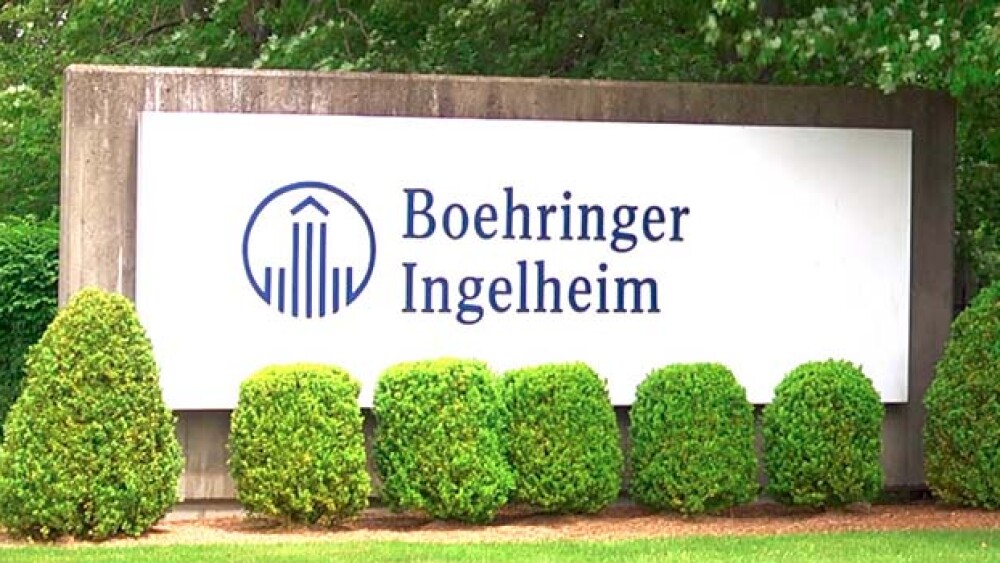Boehringer Ingelheim and Epizyme signed a global collaboration deal to identify, develop and market cancer therapies. The deal could exceed $300 million.
Boehringer Ingelheim based in Ingelheim, Germany, and Epizyme, headquartered in Cambridge, Mass., signed a global collaboration deal to identify, develop and market cancer therapies. The deal could exceed $300 million.
The focus will be on two previously unexplored epigenetic targets, both enzymes in the helicase and histone acetyltransferase (HAT) families. When these enzymes are dysregulated, they have been associated to cancer development.
There are more than 100 members of the helicase gene family in the human genome. The HATs involve 18 enzymes that add acetyl groups to proteins including histones. Histones are proteins that DNA wraps around, and acetyl groups provide a regulatory function, turning genes on or off.
Epigenetic modification affects gene regulation. More than half of all cancers are believed to have functional errors in epigenetic modification. In specific cases, epigenetic dysregulation is connected to changes in components of gene regulation. This has the potential to be used as biomarkers to help select the most appropriate therapy for these patients.
The goal of the collaboration is on lung and other solid tumors that have defined mutations and subpopulations for which there is currently no precision medicine approaches. The two companies will jointly research and develop a helicase program, with both companies sharing U.S. commercialization efforts. Boehringer Ingelheim will take commercialization outside the U.S. They will share research responsibilities for the HAT program, while Boehringer Ingelheim will cover worldwide development and marketing.
Under the terms of the deal, Boehringer Ingelheim will pay Epizyme an upfront payment of $15 million and an additional $5 million in research funding in 2019. Epizyme will be eligible for more than $280 million in so-called “biobucks,” research, development, regulatory and commercial milestones of more than $280 million.
Epizyme will pay for some of the worldwide development costs, keep a share of U.S. profits and receive tiered royalties on sales outside the U.S. For the HAT program, Epizyme is eligible or worldwide tiered royalties.
Epigenetics is Epizyme’s primary expertise. The company points out that since 2011, it has discovered four novel epigenetic therapies, three of which are in the clinic and one that is in an investigational new drug (IND)-enabling study.
Epizyme’s lead program is tazemetostat, an internally developed first-in-class EZH2 inhibitor being evaluated in patients with relapsed or refractory non-Hodgkin lymphoma (NHL) and in adults and children with specific, genetically defined solid tumors, and in patients with mesothelioma. It is also being studied in front-line combination with R-CHOP, a prednisolone combination and an immuno-oncology combination trial with Genentech’s Tecentriq (atezolizumab) in patients with diffuse large B-cell lymphoma, the most common type of NHL. It has also launched an immuno-oncology combination trial with Tecentriq in non-small cell lung cancer (NSCLC).
The company also has collaboration deals with Celgene and GlaxoSmithKline.
“Boehringer Ingelheim’s collaboration with Epizyme furthers our strategic vision to profoundly impact the oncology treatment landscape by enabling a new generation of precision medicines,” stated Clive R. Wood, senior corporate vice president, Discovery Research, Boehringer Ingelheim. “We are excited to launch this partnership with Epizyme and to work together with them to advance epigenetic inhibitors that have the potential to transform the lives of patients and help win the fight against difficult-to-treat cancers.”





